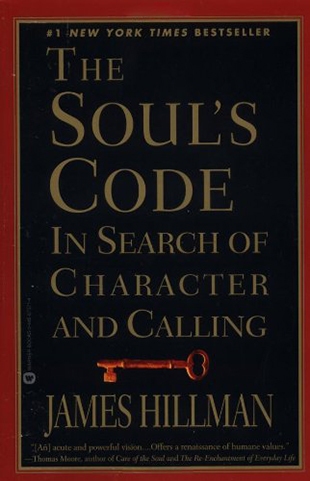The Spanish philosopher Ortega y Gasset says we fall in love on few occasions in a long life. It is a rare and fortuitous event, and it strikes incredibly deeply. When such love happens, it is for no other reason than the singularity of the object. Only this person. Not attributes and virtues, not voice or hips or bank account, not projections left over from earlier flames or hand-me-down family patterns, simply the uniqueness of this person whom the heart's eye selected. Without that sense of fate in the choice, the romance of the love doesn't work. For this sort of love is not a personal relationship or a genetic epistasis, but more likely a daimonic inheritance, a gift and curse from the invisible ancestors.
A similar sense of destiny, if less sudden and less heated, and a similar devotion can mark falling for a place and even for a work, as well as for a person. You can't leave it, you must stay with it until it's over, you perform ritual magic devotions to keep it going. The same enchantments occur, the same sense arises that I could live the rest of my life with you, whether "you" is a person, a place, a work. And the similar feeling exists that not only is my life called here, but my death.
Death is a ponderous and repugnant term to connect with the intense vibrations of romantic love; but romantic love especially reverberates with feelings of both the eternal and the shortness and fragility of life, as if death's call to a limitless "beyond" elsewhere were always shadowing and inspiring romantic passion. One takes the most extraordinary risks. And when literature joins romantic lovers it also joins their love with death.
